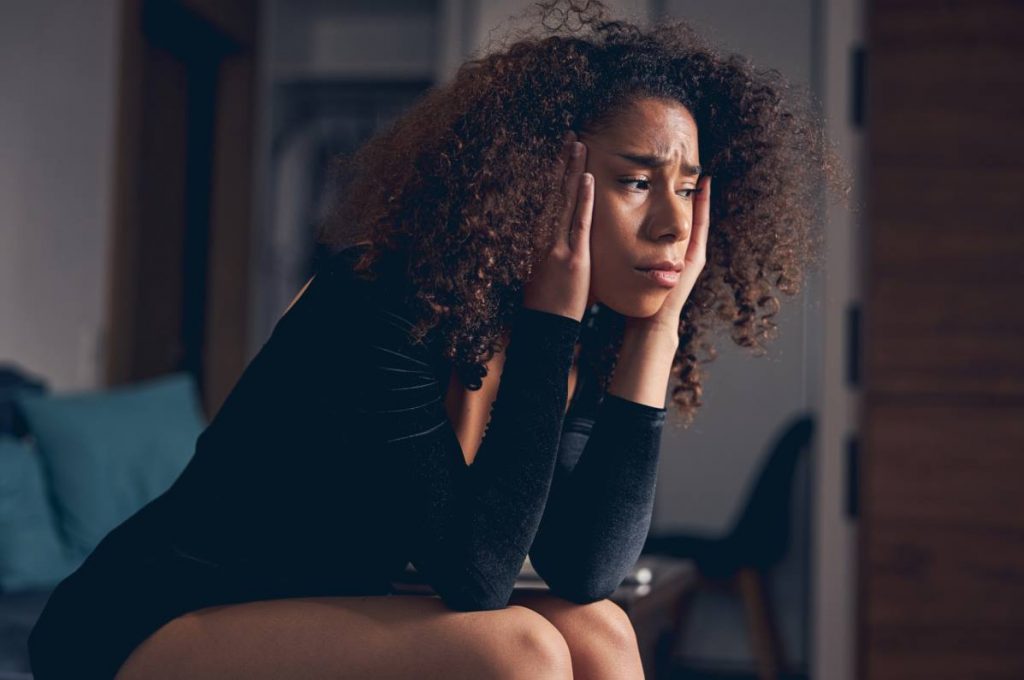
If you aim to alleviate anxiety in natural ways, there are various vitamins that can be beneficial in this journey. These include water-soluble vitamins that dissolve rapidly in the body, as well as fat-soluble vitamins that travel in the bloodstream and are stored by the body when not needed. While vitamins alone cannot cure anxiety, they can contribute to improving your overall health and mood.
According to a 2010 review of multiple studies, people with anxiety can greatly benefit from taking herbal and vitamin supplements. Vitamins can play a crucial role in managing anxiety levels, especially when combined with other treatments such as therapy, medication, and self-help techniques. Therefore, here are the top vitamin supplements for anxiety.
Anxiety is often linked to a lack of vitamin A in the body. Vitamin A is essential for promoting overall health and supporting the nervous system, which can help to reduce stress and relax muscles. Studies have shown that having enough of the fatty acids found in vitamin A can be beneficial for those who experience panic attacks or generalized anxiety disorder (GAD). By maintaining a strong and balanced nervous system, you may be able to better manage the physical symptoms of anxiety.
B1, like other B vitamins, promotes healthy organ function. Studies have found this vitamin to be effective in treating various anxiety disorders by supporting a healthy nervous system. This is crucial in managing high stress levels associated with anxiety.
The body does not store niacin, an important B vitamin that plays a role in maintaining the health of the nervous system, digestive system, and skin. Consequently, there is a high likelihood of individuals lacking this essential nutrient. Animal studies have shown that niacinamide, a form of vitamin B3, has comparable effects on the brain to anxiety medications. A 2005 study suggests that this crucial vitamin could be beneficial in the treatment of anxiety disorders.
Research on pyridoxine suggests that it can be remarkably beneficial for reducing stress and anxiety. The main reason for this is B6 has a significant impact on serotonin and GABA, which are neurotransmitters that play a role in regulating anxiety and depression. Many people choose to take B6 vitamin supplements to help alleviate anxiety and improve brain function.
B9, or folic acid, is essential for various bodily functions. Research has shown that low levels of B9 can lead to increased anxiety and depression. When combined with B12, these B vitamins aid in the metabolism of serotonin, a neurotransmitter that plays a crucial role in regulating mood.
Vitamin B12 is a crucial micronutrient for the brain and nervous system, and it is commonly used to alleviate anxiety. It plays a vital role in maintaining the normal functioning of the nerves, which can help alleviate physical symptoms of anxiety. If someone lacks vitamin B12, they may experience heightened anxiety and other psychiatric symptoms. Therefore, taking vitamin B12 as a supplement can be beneficial if recommended by a doctor.
Vitamin C is considered one of the top vitamins for anxiety. Research indicates that it acts as an antioxidant and may have a significant impact on anxiety treatment by maintaining balance in the nervous system. Moreover, low levels of vitamin C can lead to fatigue and depression. Additionally, taking vitamin C supplements may provide positive outcomes in managing mental health conditions such as major depressive disorder (MDD) and anxiety.
In 2015, a study revealed that people who suffer from anxiety or depression may have reduced levels of calcidiol, which is a derivative of vitamin D breakdown in the body. Since plant-based foods do not contain vitamin D, increasing sun exposure, consuming fatty fish like salmon and mackerel, or taking vitamin D supplements can enhance vitamin D levels and potentially relieve anxiety symptoms.
Vitamin E is beneficial as a beauty supplement due to its ability to enhance the health of skin, hair, and nails. Additionally, insufficient levels of vitamin E can lead to increased anxiety symptoms. A 2012 study suggests that vitamin E, which is rich in antioxidants, may assist in rebalancing emotions and reducing the symptoms of generalized anxiety disorder (GAD).
According to a laboratory study, vitamin K can lower high blood glucose levels and improve memory. Furthermore, it has the ability to reduce depression and anxiety. Moreover, vitamin K has been found to prevent the occurrence of depression and anxiety, while promoting overall well-being.
If you are dealing with chronic anxiety or sudden nervousness, it is advisable to consider incorporating vitamins into your treatment plan for anxiety and stress. However, it is crucial to consult with your doctor before commencing any supplements, particularly if you are currently on medication.